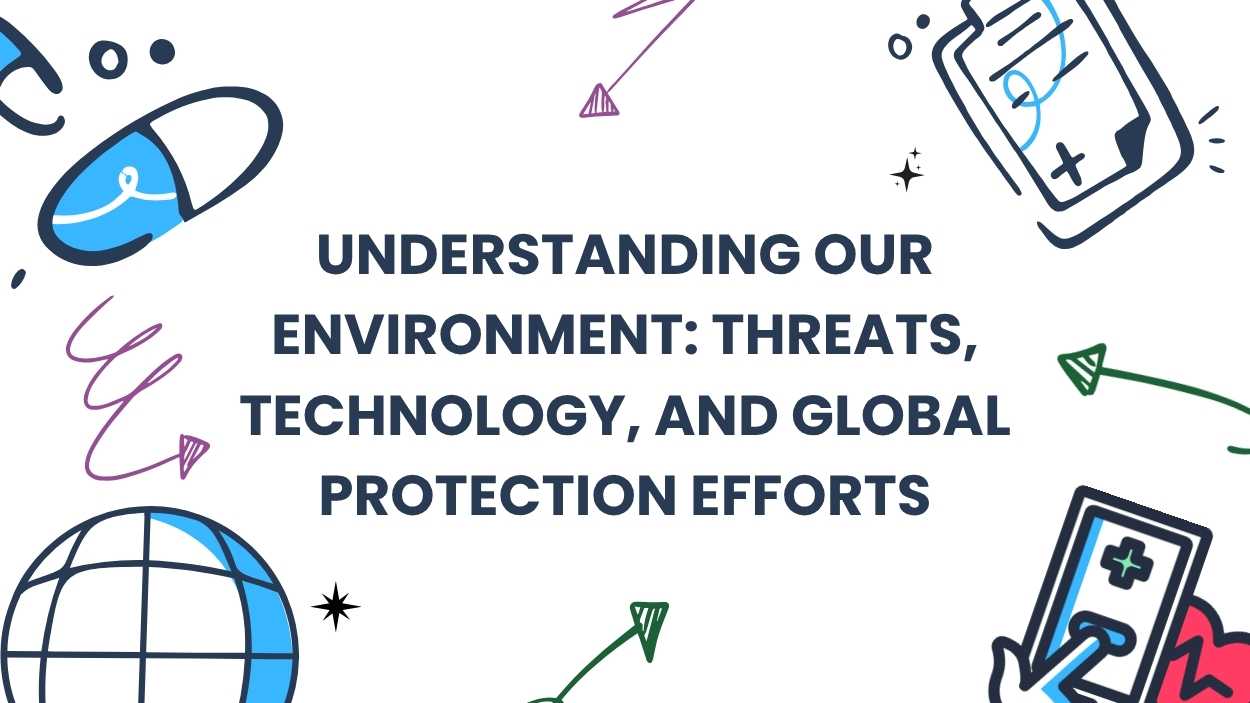The digital realm is in constant flux, and the year 2025 promises to be a pivotal one for cybersecurity and data privacy in the United States. Based on recent reports, the legislative landscape, already complex with a patchwork of state laws, is rapidly evolving. We’re witnessing a surge in state-level activity, with new comprehensive privacy laws taking effect and existing ones undergoing amendments. This state-led approach, while providing some momentum, creates a significant compliance challenge for businesses navigating a multi-jurisdictional environment. This, coupled with changing priorities at the federal level, will require a proactive and adaptive approach for organizations seeking to protect sensitive data.
Shifting Federal Winds and the State’s Role
The anticipated policy shifts at the federal level, potentially driven by a new administration, are poised to dramatically reshape the enforcement landscape. A focus on deregulation and a reevaluation of existing policies could alter the trajectory of data privacy and cybersecurity. This creates a new opportunity for states, as they have generally remained more aggressive than the federal government. The success of states will likely be dependent on how companies respond, and how quickly. This could include a renewed focus on children’s online privacy, biometric data, and emerging technologies. Businesses will need to be particularly vigilant, constantly monitoring both federal and state actions, and adjusting their compliance strategies accordingly to stay ahead of this dynamic playing field.
Litigation’s Looming Presence
Civil litigation is also poised to play a key role in shaping the future of data privacy and cybersecurity. We can expect a continued rise in data breach lawsuits, as well as legal challenges related to wiretapping, biometric data, and emerging technological practices. The courts will serve as an important forum, and can potentially clarify unclear legal standards, as well as enforce accountability for breaches and bad practices. This emphasizes the need for robust data security practices and a proactive approach to mitigating legal risks. Organizations should be prepared to defend their data handling practices, and to respond swiftly to any legal challenges.
Emerging Threats and Innovative Challenges
Data innovation and governmental data collection are areas that are likely to come under increased scrutiny in the year ahead. The adoption of advanced technologies such as artificial intelligence presents both opportunities and challenges. Policymakers and regulators are increasingly concerned with ensuring the ethical and responsible use of AI, along with assessing the risks associated with government data collection. Organizations must carefully consider the implications of their data practices and be transparent with consumers about how their data is being used. The ongoing evolution of these technologies will further complicate existing compliance frameworks, requiring a continuous assessment of both the practical and legal landscapes.
Looking Ahead: Adapt and Protect
The coming year promises a complex and ever-evolving cybersecurity and data privacy environment. Success in this arena demands a proactive approach, a keen awareness of legislative and judicial trends, and a commitment to data security practices. Organizations must continuously assess their compliance posture, and they should prioritize transparency and ethical data handling. As the rules and regulations take shape, being prepared for these transitions will be critical to ensuring continued security and legal compliance.













